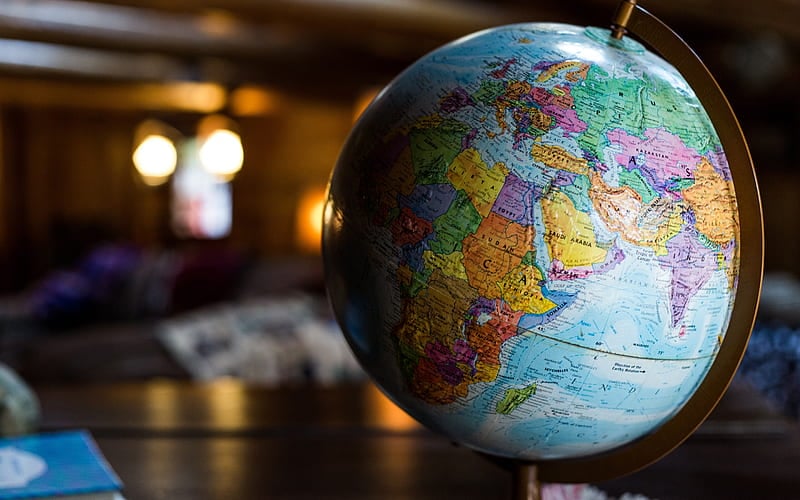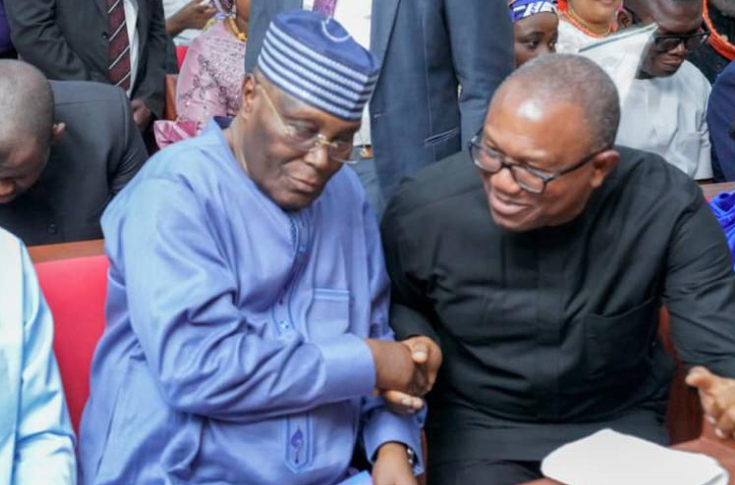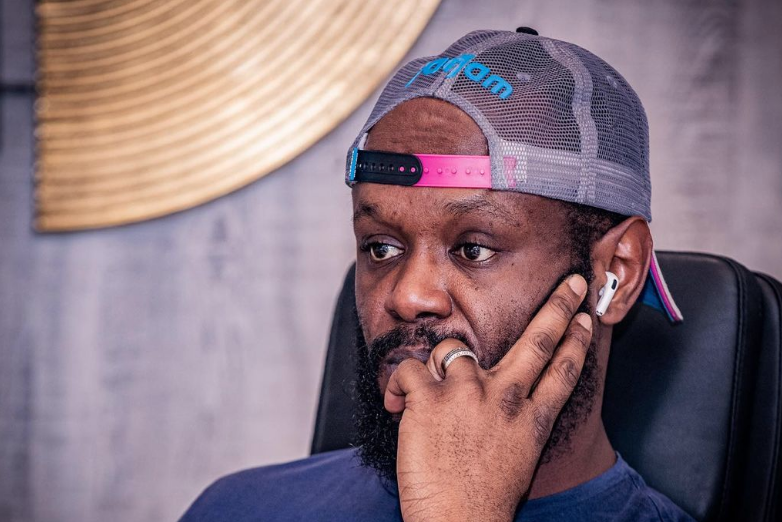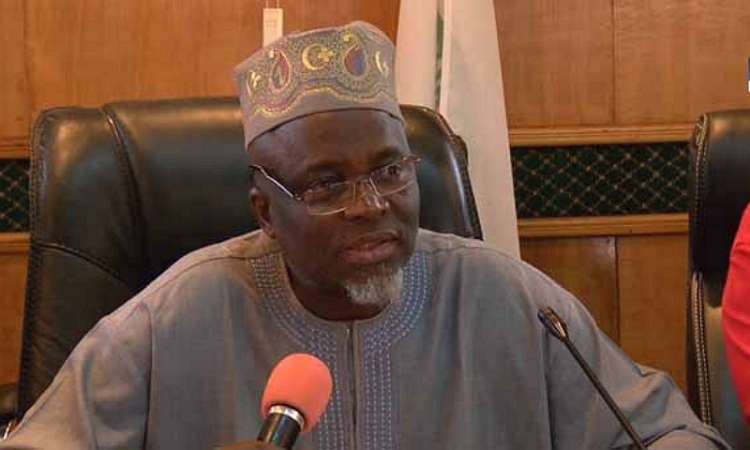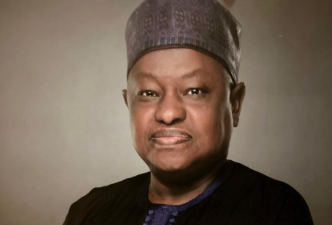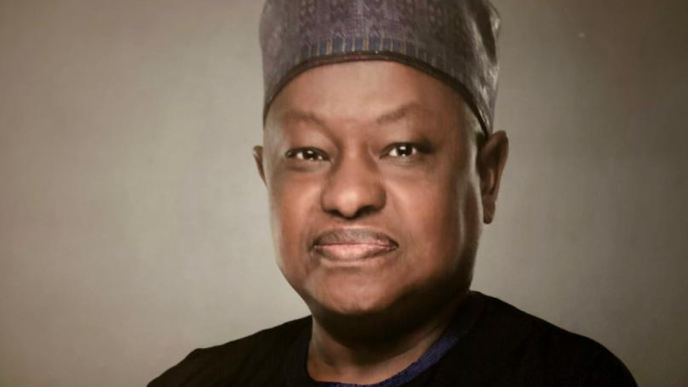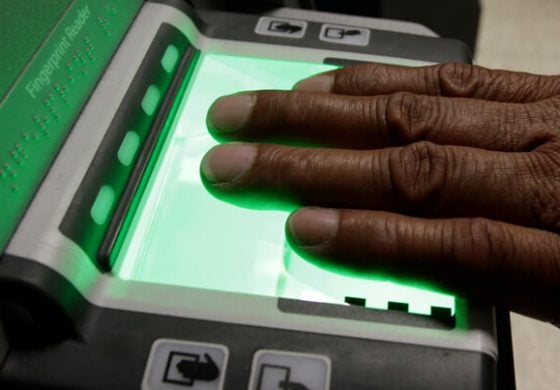BY DOVISH OKOJIE
Imagine waking up every morning to hear someone else tell your life story, but they only focus on your mistakes, ignore your achievements, and never ask for your input. That’s exactly how it feels for many African countries when it comes to how the world sees and talks about their economies.
For decades, we have allowed foreign media, international institutions, and global experts to define who we are economically. They decide whether we are growing, struggling, worthy of investment, or in need of aid. And they do this with data that’s often outdated, incomplete, or just plain wrong.
As a Nigerian, I believe it’s time we stopped letting others tell our story. It’s time we told it ourselves with facts, with heart, and with a deep understanding that only we can fully grasp. In today’s data-driven, digitally connected world, owning our economic narrative and controlling our data isn’t just about pride; it’s about power, progress, survival, and crafting the future we want based on the truth we know.
Advertisement
When You Don’t Tell Your Story, Others Will Tell It for You, And Often Get It Wrong
I’ll focus my lens on Nigeria, which isn’t perfect, just like other countries in the world. We have our fair share of issues, and no one is denying that. But we are also a country filled with potential, talent, and resilience. We are a country where young people are building tech companies out of nothing, where our music and movies are taking the world by storm, where, despite economic challenges, millions of small businesses keep the economy alive.
Unfortunately, many of the people who shape global opinion about us have never even visited Nigeria. They rely on outdated reports, incomplete surveys, or secondhand analysis. And because we have been slow to take control of our economic narrative, the world keeps hearing a story that’s only half true.
Advertisement
Generally, the dominant age-long narrative about Africa in global media and policy circles has been one of lack: lacking infrastructure, lacking stability, lacking innovation. Yes, those things exist, but they are not the whole truth. This “single story” is not just incomplete; it’s harmful.
Narratives matter more than we often realise. They influence everything from investment decisions to foreign policy, and even how young people within a country see themselves and their future. A negative narrative can lead to situations where even citizens start to internalise a negative image.
Data Is More Than Numbers, it’s a Reflection of Who We Are
Narratives are shaped by stories, but also by data. And here’s the problem: when your data is missing, manipulated, or controlled by others, so is your story.
Advertisement
Data is the foundation of economic policy. Governments use it to plan budgets, respond to crises, measure growth, and make targeted interventions based on unique needs. Businesses use it to make investment decisions, civil society groups use it to hold leaders accountable.
Most national statistical agencies across Africa are underfunded and understaffed. They struggle to conduct basic surveys, let alone the kind of high-frequency, real-time data collection that the modern world runs on. This leaves a huge gap, then we end up relying on external agencies, the IMF, the World Bank, or big international consultancies to tell us how we’re doing. But they’re often working with assumptions, small sample sizes, or models that don’t reflect our complex realities.
We can’t expect effective policies when our leaders are essentially flying blind with data that doesn’t accurately reflect our position/needs. Only What Gets Properly Measured Gets Properly Managed.
Economic Sovereignty Begins with Data Sovereignty
Advertisement
Here’s a simple truth: You can’t govern what you don’t understand.
“Data sovereignty” sounds like a tech buzzword, but at its core, it means this: our data should serve our people first. If we want to grow, if we want to lift people out of poverty, if we want to create jobs and build infrastructure and reduce inequality, we need to know the facts. Not guesses, not assumptions, but real facts based on real data gathered and interpreted by people who know the terrain.
Advertisement
For example, when Nigeria rebased its GDP in 2014, suddenly we “discovered” that our economy was 89% larger than previously thought. That’s not because we had a sudden boom; it’s because we finally updated the data to reflect newer sectors like telecoms, entertainment, and fintech.
That one act changed how the world saw us. We became the largest economy in Africa overnight. As of now (2025), I believe we’ll reclaim our position as Africa’s number one when the NBS releases our rebased GDP figures. But it shouldn’t take a rebasing every decade to update the world’s view of us. We need continuous, consistent data collection and analysis by us, for us.
Advertisement
When Others Control Your Data, They Control Your Future
When African nations don’t control their data or narratives, they often become vulnerable to decisions made far away in Washington, London, or Paris based on flawed assumptions.
Advertisement
For example, GDP figures, inflation rates, and even poverty statistics about African countries are often calculated or verified by foreign institutions. While these institutions may think they are doing their jobs, the lack of local context can lead to misinterpretation and bad policy recommendations.
Even worse, when African governments rely on these external sources, they end up outsourcing their legitimacy. It creates a feedback loop where outsiders define what’s true or important, and local realities get sidelined. Now, don’t get me wrong, this is not a total discredit of the efforts of these foreign institutions, but when their reports are based on flawed or partial data, they do more harm than good.
This persists partly because we haven’t built our own systems of credibility. If we had strong, reliable, homegrown data platforms and research institutions, we could challenge faulty narratives. We could offer alternative and accurate perspectives. We could negotiate better, we could lead.
Changing the Game: What We Need to Do
So, how do we shift things? How do we reclaim our economic narrative and own our data? Here are steps Nigeria and other African nations can take:
Invest more in Our Statistical Agencies: Our national bureaus of statistics need real money, not just donor handouts. We need to hire trained statisticians, equip them with modern tools, and protect them from political interference. Let them be independent like central banks. Data should never be a tool for propaganda it should be a tool for truth.
Support Local Researchers and Think Tanks: We have brilliant economists and data scientists across Africa. Let’s empower them. Let’s create an ecosystem where local universities, independent researchers, and policy institutes can collect, analyse, and share data with integrity.
Build Platforms for Our Data: Let’s stop hiding our numbers in PDFS on outdated government websites. Let’s create open, accessible platforms where anyone from a student to an investor can see and understand what’s happening in our economy. Let’s use dashboards, visualisations, and mobile-friendly tools. Let’s make data sexy!
Train Our Journalists and Communicators: Data is useless if people don’t understand it. We need to train journalists to report on the economy with clarity. We need government spokespeople who can explain complex issues without jargon. And we need to humanise statistics and tell the stories behind the numbers. Changing the narrative isn’t just about facts, it’s also about who gets to speak, how they tell the story, and what audience they’re speaking to.
Educate the Youths: Empower young people with the tools to understand data, ask questions, and challenge narratives. Media and data literacy should be taught in schools.
Leverage Diaspora Networks: Africa’s global diaspora includes top economists, data scientists, and creatives. Engage them in building stronger systems and global narratives.
Own the Digital Space: African countries must shape their presence online and not just react to how others describe them. This includes investing in national data centres and African-owned tech platforms.
The Power of Owning Our Story
When we own our data and narrative, we are not just correcting misconceptions, we are empowering ourselves. We are saying to the world: “We know who we are, we know what we need, and we are not waiting for permission to grow.” We are also showing our young people that their future isn’t hopeless, that their country has potential, that they are part of a bigger picture, and a bigger dream.
The Time Is Now
There’s an African proverb that says, “Until the lion learns to write, every story will glorify the hunter.”
For too long, Africa has been the lion in stories written by others. It’s time to write our own stories.
It starts with owning our data, it continues with shaping our narratives, and it ends with us stepping confidently into the global arena not as victims, not as dependents, but as authors of our own economic destiny. Let’s get to work!
Dovish Okojie is a management consultant and public affairs analyst. He writes from Abuja and can be reached through [email protected]
Views expressed by contributors are strictly personal and not of TheCable.
